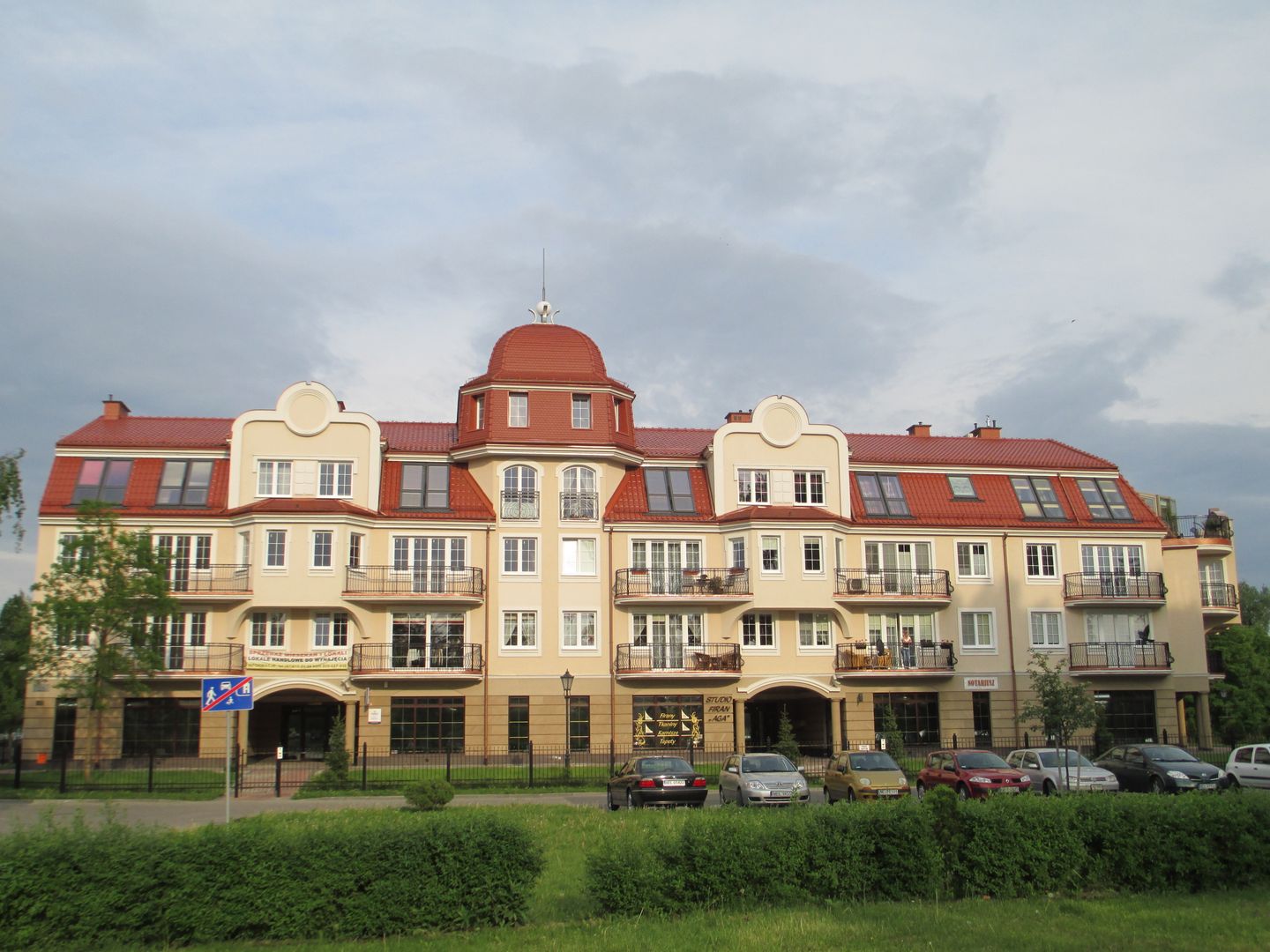Ełk
7.44

Overview
Ełk is a city in northeastern Poland, located in the Warmian-Masurian Voivodeship, on the shores of Lake Ełk, known for its rich history dating back to the Teutonic era. Its name, which has controversial origins, may derive from words meaning aquatic plants or elks. Ełk received its town rights in 1435, and the city's development was linked to the presence of a Teutonic castle. Over the centuries, Ełk evolved from a small settlement into a larger center, blending both Polish and German influences. The city's architecture features notable landmarks such as the neo-Gothic St. Adalbert's Cathedral, built in 1893, and the Church of the Sacred Heart of Jesus, originally a Protestant church. The ruins of the former Teutonic castle and the 1895 water tower are further testaments to Ełk's rich past. The city also hosts numerous cultural events, including the Hip Hop Raport Projekt Ełk festival, which attracts hip-hop enthusiasts from across Poland. Ełk takes pride in its efforts toward ecological aesthetics, aligning with the concept of the Green Lungs of Poland, which has contributed to the growth of tourism. Ełk is known for its numerous hiking and water trails, ideal for active recreation. An interesting fact is that the city also has strong ties to the Masurian movement and local activists such as Michał Kajka. In recent years, Ełk has gained prominence as a regional hub, highlighting its unique architectural and natural qualities.
Location
You can also find here:
2026 Wizytor | All Rights Reserved
